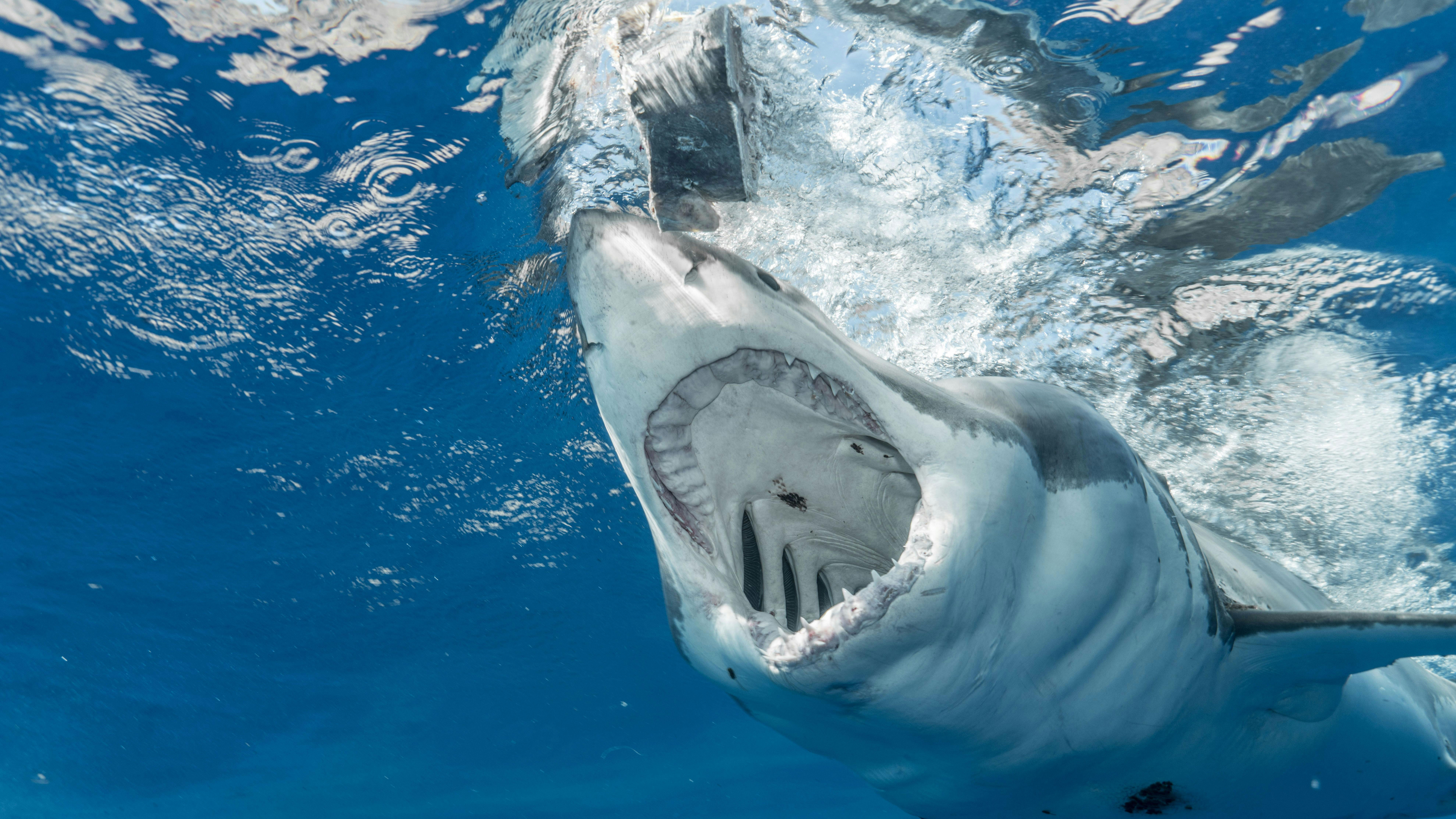Woman has both hands bitten off by shark during close up photography opportunity
One of the woman’s hands was amputated at the wrist, while the other required amputation from the mid-section of her forearm

Some people will do anything for the perfect shot, and a woman has reportedly lost both her hands while attempting to take close-up photographs of a shark.
A Canadian woman in her 50s was attempting to take photographs of the shark in the shallow waters off Blue Hills beach on Provinciales, the main island in the Turks and Caicos archipelago, on Friday 07 February.
The woman allegedly tried to engage with the animal “in an attempt to take photographs,” the Government of the Turks and Caicos Islands Department of Environment & Coastal Resources (DECR) said in a statement. She was taken to a local medical center then airlifted off the island for further treatment.
The grizzly details claim that one of the woman’s hands was amputated at the wrist, while the other required amputation from the mid-section of her forearm, according to the National Post.
A number of beaches were closed, but reopened two days later “after it was determined that the shark had moved to deeper water,” DECR said. The shark was estimated to be about 1.8 meters in length, but the species remains unknown.
The National Post also reported that “A man claiming to be the woman’s relative said she was able to walk back to shore after the attack. She was bitten in the thigh, he added, but did not lose her leg.” The woman’s husband allegedly also entered the water in an attempt to deter the shark.
The DECR warned tourists to be aware of their surroundings and “respect marine life”.
Get the Digital Camera World Newsletter
The best camera deals, reviews, product advice, and unmissable photography news, direct to your inbox!
“Swim in designated areas, avoid murky waters, never swim alone, and do not attempt to feed marine wildlife under any circumstances,” it said.
The Cayman Islands Department of Environment said in a statement in November that its researchers had recognized behaviors in sharks engaging with divers, that are consistent with the animals having been regularly fed by divers, despite that being an illegal act in Cayman waters.
If this hasn't put you off wildlife photography, why not check out our guides to the best cameras for wildlife photography, the best telephoto lenses, or play it safe with the best trail cameras.

After graduating from Cardiff University with an Master's Degree in Journalism, Media and Communications Leonie developed a love of photography after taking a year out to travel around the world.
While visiting countries such as Mongolia, Kazakhstan, Bangladesh and Ukraine with her trusty Nikon, Leonie learned how to capture the beauty of these inspiring places, and her photography has accompanied her various freelance travel features.
As well as travel photography Leonie also has a passion for wildlife photography both in the UK and abroad.
You must confirm your public display name before commenting
Please logout and then login again, you will then be prompted to enter your display name.
